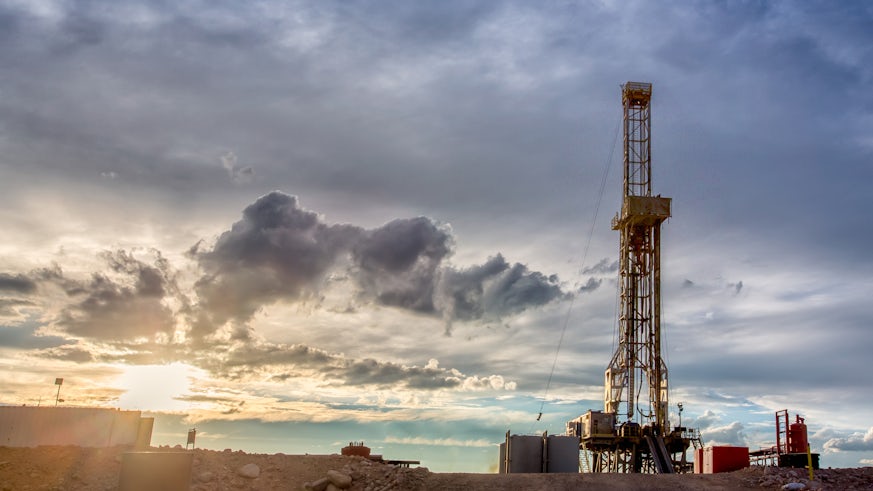Very little public support for relaxing rules and regulations around fracking
1 August 2019

A major new public attitudes survey on fracking reveals very little public support for relaxing the rules and regulations around fracking – a key demand of major shale gas extraction companies.
The team, including Professor Lorraine Whitmarsh from Cardiff University, also found that people have low trust in the energy companies involved and want decisions taken at a local level.
The independent survey shows only 8% of people in the UK think that the ‘Traffic Light System’ currently used to monitor and regulate seismic activity during fracking is too stringent and just 22% support the UK government regulator changing the threshold of seismic activity at which hydraulic fracturing must cease from 0.5 to 1.5 magnitude.
These will be challenging results for those calling on the industry regulator, the Oil and Gas Authority, to relax the rules and regulations around fracking. At the start of July, energy firm Cuadrilla announced that fracking will resume at its Lancashire site with an expressed aim to support a technical review to raise the seismic operating limit. The drilling at the Lancashire site has been halted on several occasions due to underground tremors. Currently any tremor measuring 0.5 magnitude or above means fracking must be temporarily stopped while tests are carried out.
The main sources for information about shale gas extraction are from environmental non-governmental organisations such as Friends of the Earth, Greenpeace, the National Trust, and Campaign for the Protection of Rural England, with 48% using this source ‘sometimes’ or ‘often’.
Only 12% of people said they trusted shale gas industry groups or firms to provide information about fracking and only 11% said they want the UK government to make the decisions about shale gas extraction sites. 41% of participants want decisions for planning consent to be taken at the local level (e.g. council planning).
The most trusted sources of information are the British Geological Survey (61%) and university scientists (59%), supporting the need for further independent research into the environmental impact of shale gas extraction.
The survey shows that overall opposition to shale gas extraction currently stands at 56% with 32% in support and 12% said don’t know. Shale gas as an energy option for the UK is currently only slightly more supported (31%) than Russian pipeline imports (24%) compared to 70% for UK offshore gas fields, 59% for UK onshore drilling without hydraulic fracturing and 50% for European imports.
Professor Lorraine Whitmarsh said: “Our survey shows there is little support for fracking in the UK, and that trust in the industry is low; however, many have not made up their mind and so there is a role for balanced and clear information to inform debate and decision-making about this technology."
The ‘UK National Survey of Public Attitudes Towards Shale Gas’ was conducted by academics at five universities, and jointly funded by the Natural Environment Research Council and Economic & Social Research Council.
Share this story
We provide outstanding undergraduate and postgraduate teaching informed by our leading research in psychology and neuroscience.




